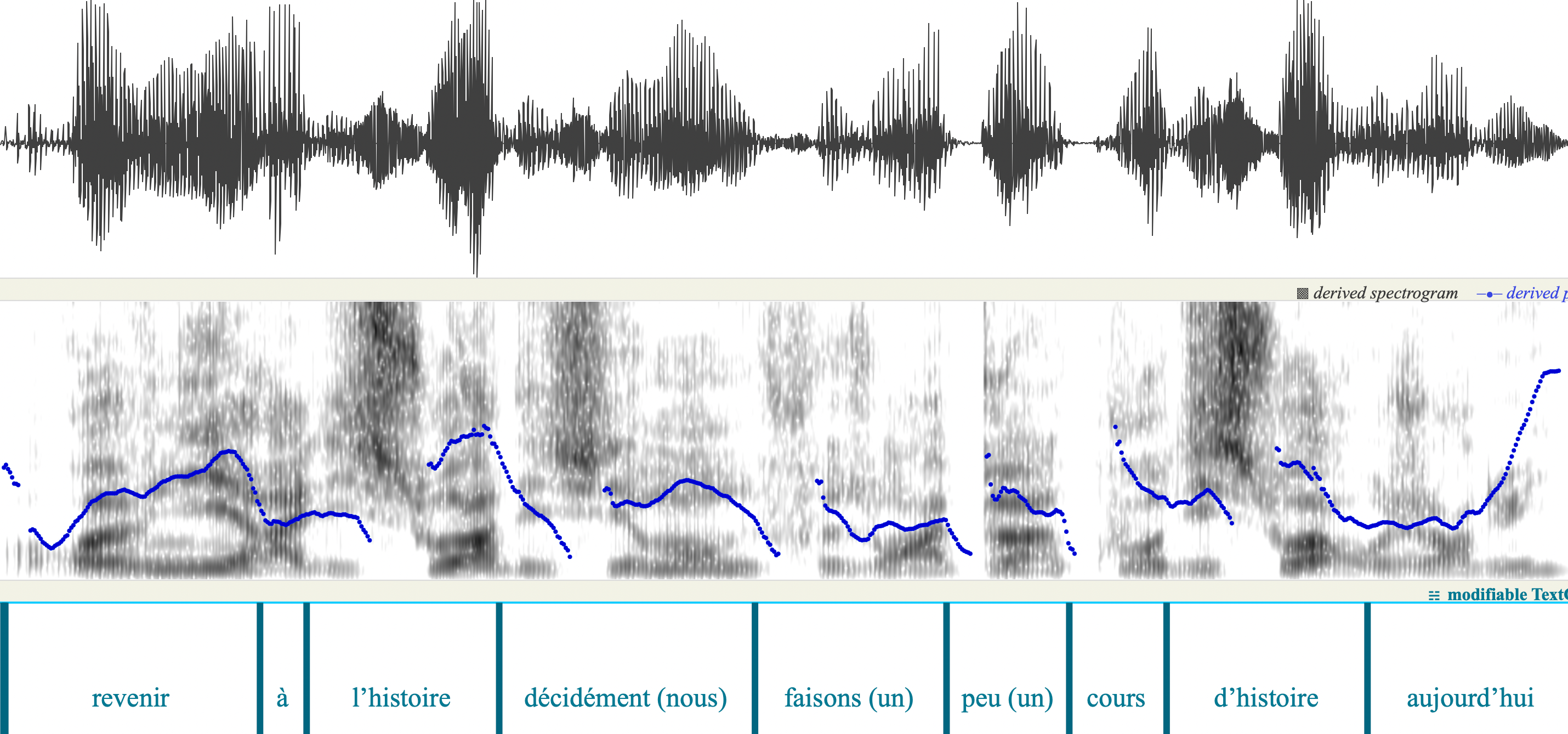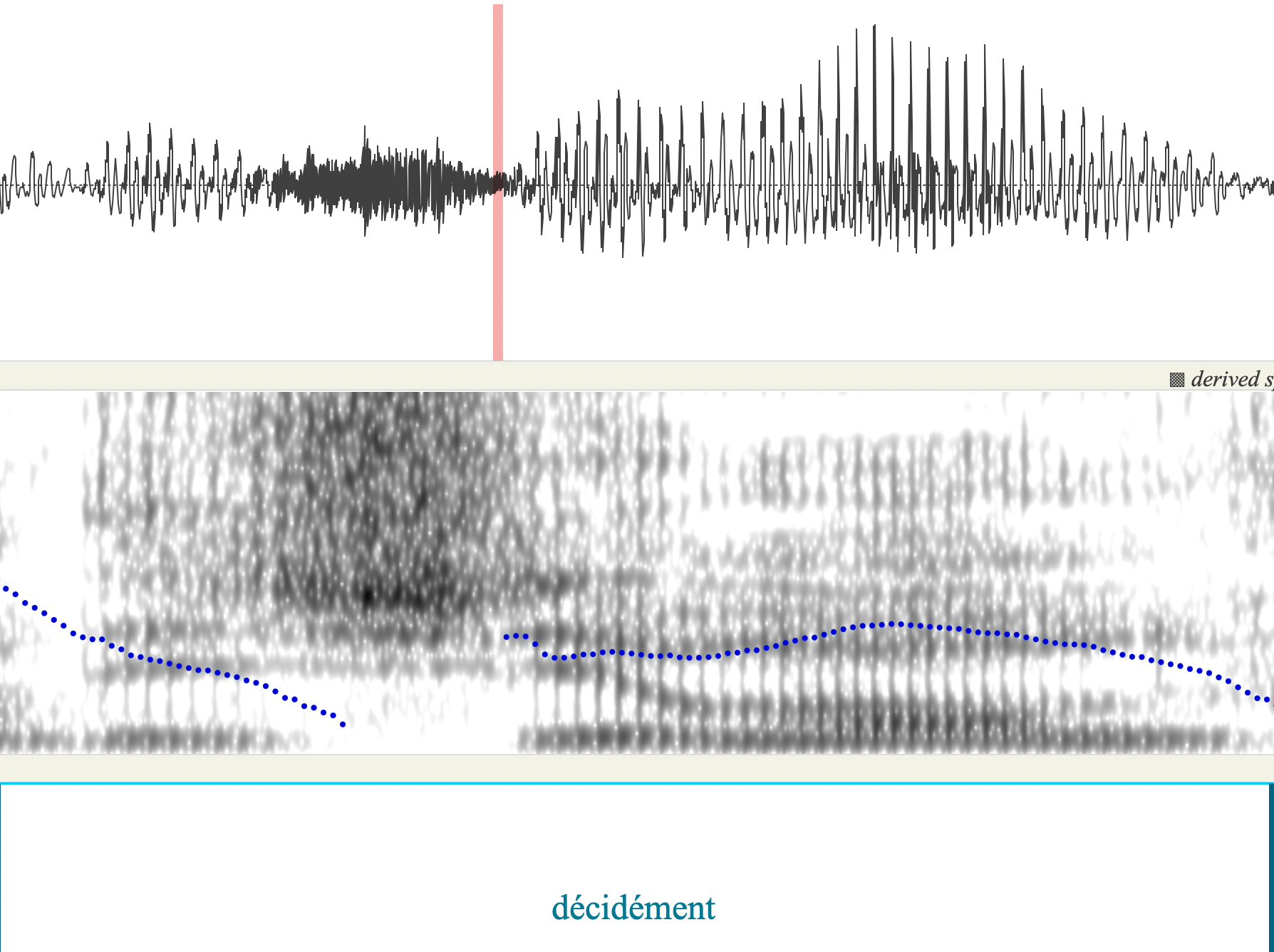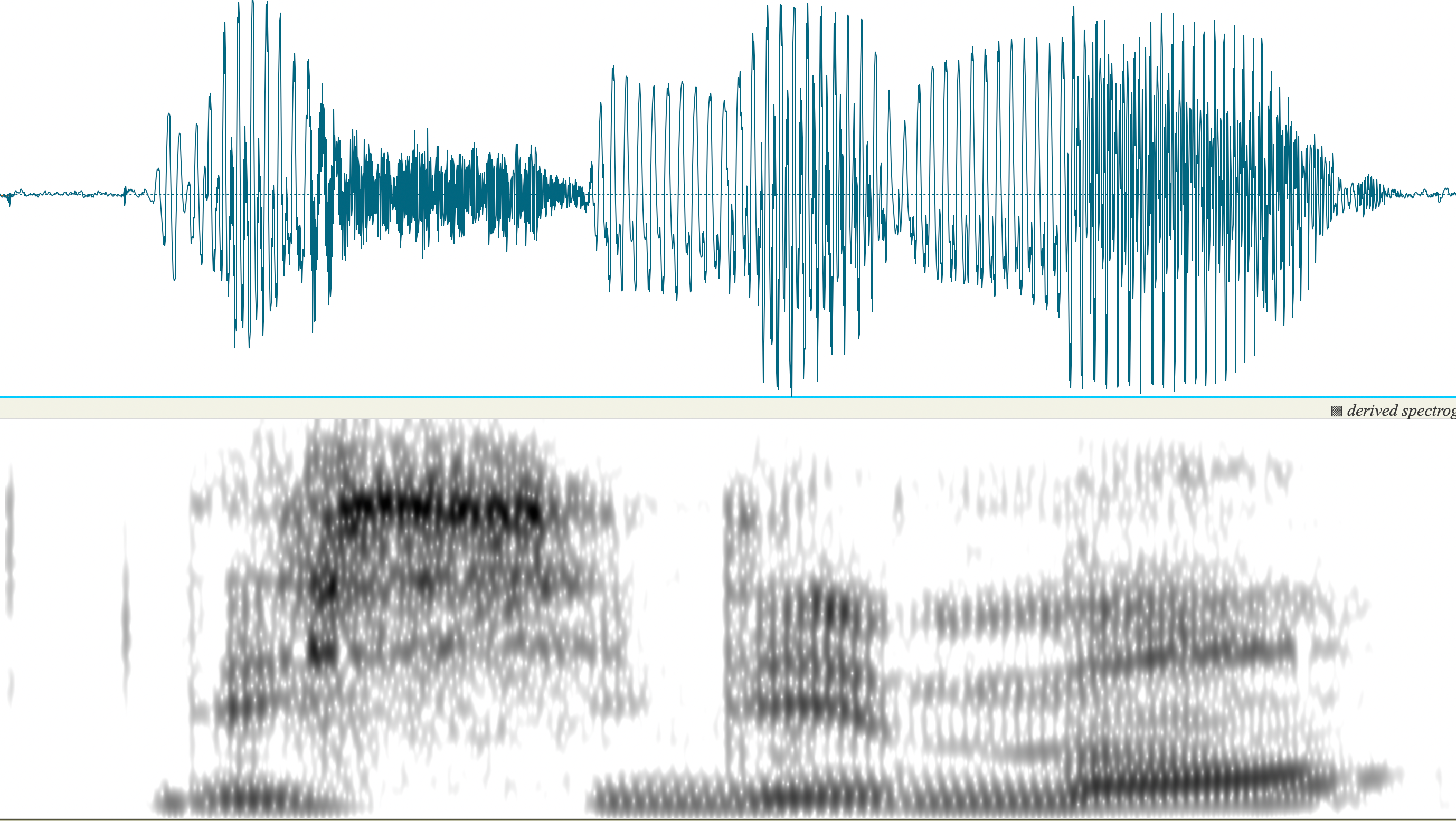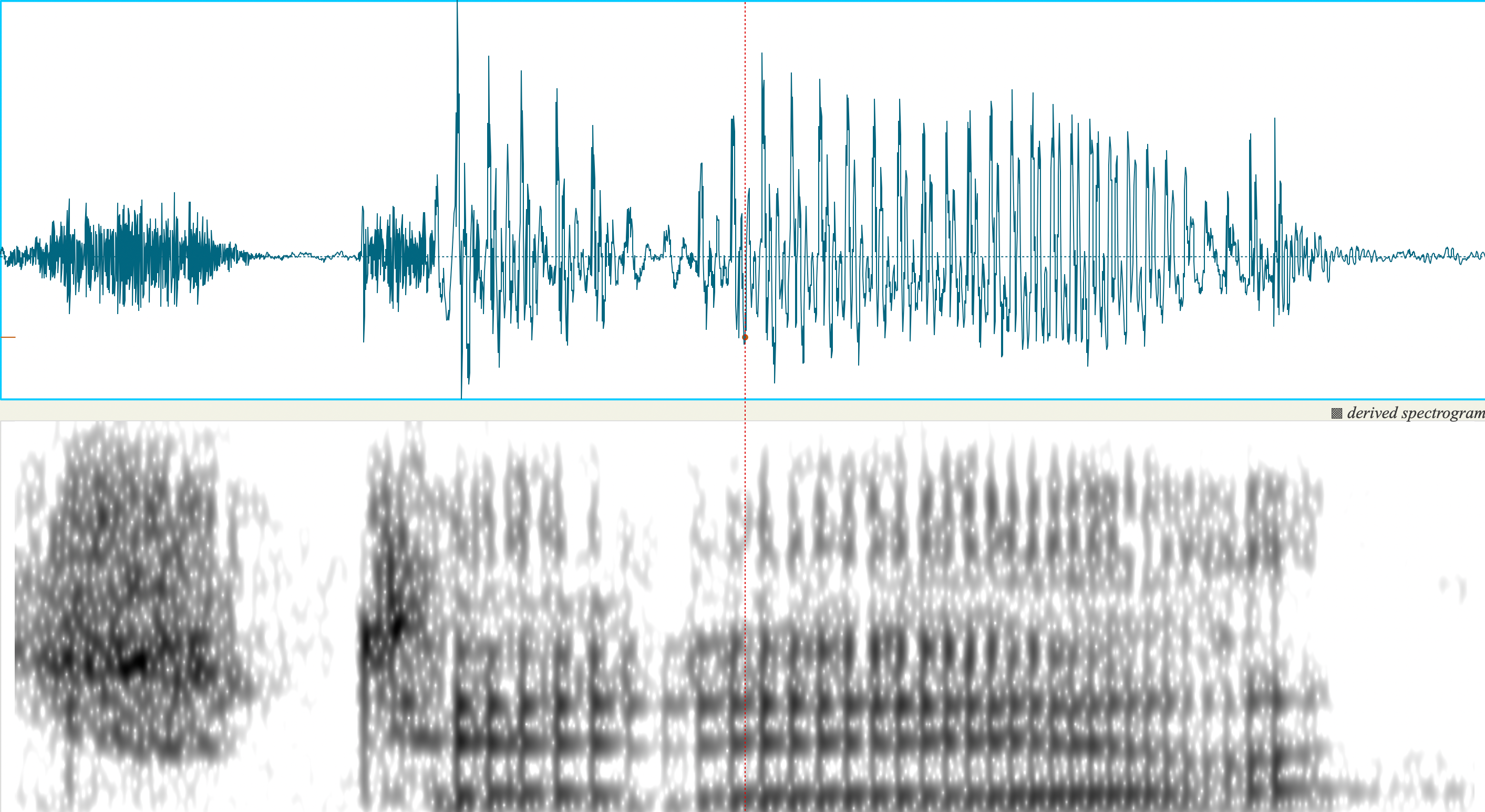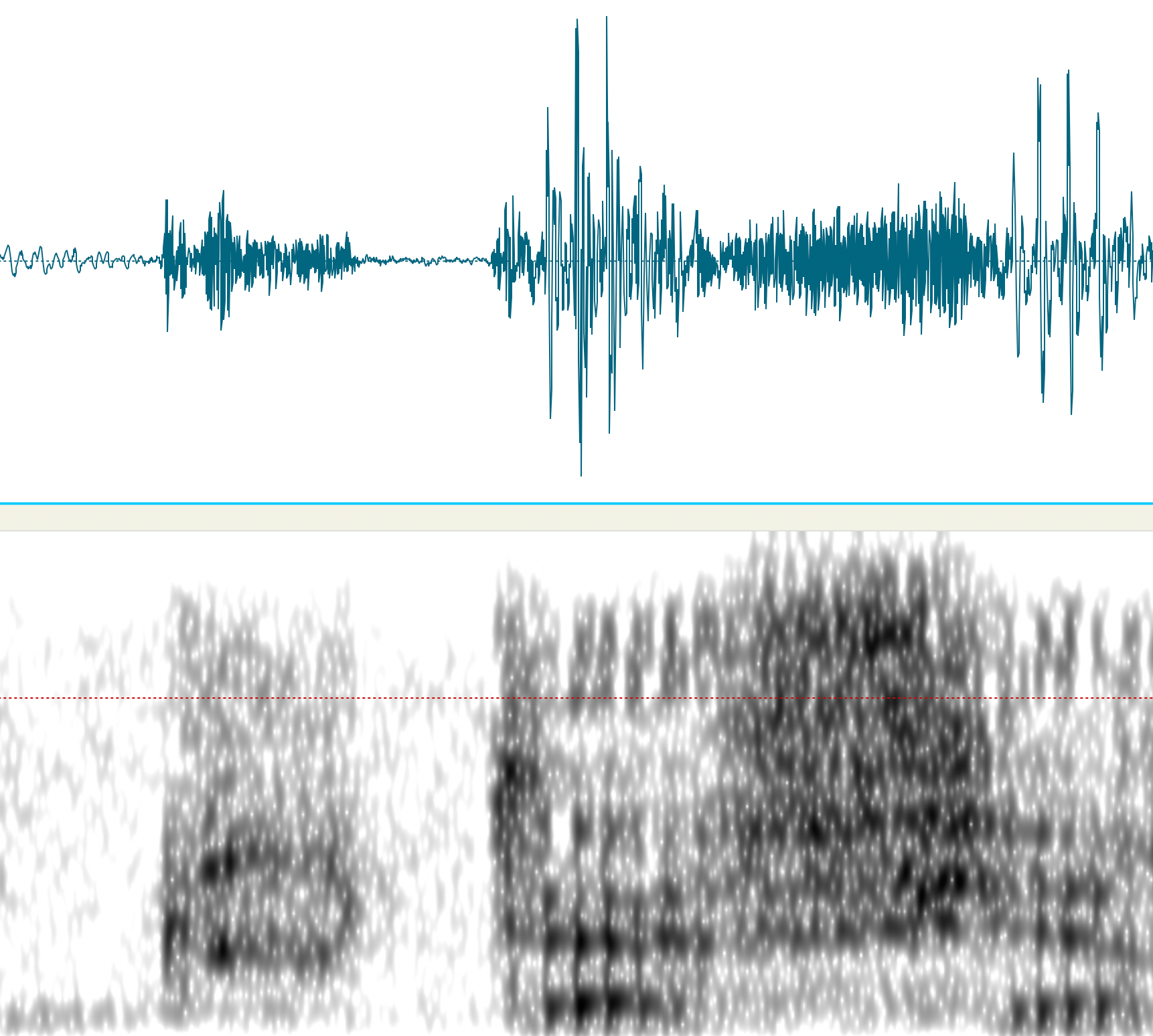High vowel lenition/devoicing in French
Language Log 2024-04-18
On a trip to Québec in the 1970s, I asked a passerby for directions (in French), and he gave me an answer that at first I thought was in Polish or some other Slavic language unknown to me. He also pointed to the visible train-track overpass a couple of blocks away, and waved his arm to indicate a right turn, so I got the meaning from his gestures. And after a bit, I realized that his opening phrase, which I heard as something like
[tvɐ.drɛk.tʃsko.trɐk]
was a Québecois vernacular version of "tu vas direct jusqu'au trac", with the [i] and [y] vowels deleted (and the initial /ʒ/ of "jusqu'au" devoiced). I asked a Canadian colleague about it, and was told that the deletion of high vowels was known to linguists in Francophone Canada, but (as far as he knew at that time) had not been documented.
There certainly are plenty of treatments in the more recent literature, but a Google Scholar search also turned up a paper from 1959: Jean-Denis Gendron, "Désonorisation des voyelles en franco canadien", Canadian Journal of Linguistics/Revue canadienne de linguistique (1959). Prof. Gendron started the paper this way:
Il existe dans le français de Paris, par suite de certains groupements de sons, des désonorisations qui concernent uniquement les consonnes; mais jamais aucun phonéticien, à notre connaissance, n'a signalé le fait pour les voyelles. C'est que la prononciation parisienne normale accorde à tous les sons d'un mot une égale importance, quelle que soit sa position syllabique ou son entourage consonantique. La prononciation canadienne, moins attentive et moins ferme, désonorise les voyelles fermées ainsi que les semi-consonnes, menaçant, en quelque sorte, l'intégrité du mot.
In Parisian French, as a result of certain groupings of sounds, there are devoicings that only concern consonants; but no phonetician, to our knowledge, has ever reported the fact for vowels. This is because normal Parisian pronunciation gives equal importance to all the sounds of a word, regardless of their syllabic position or their consonantal environment. Canadian pronunciation, less careful and less strict, devoices high vowels as well as semi-consonants, threatening, in that way, the integrity of the word.
We could spend some time on how the carelessness of earlier French speakers threatened the integrity of their Latin words. But we'll reserve such pleasantries for another day, and focus instead on some cases of high vowel devoicing in standard French that I recently stumbled on.
I noticed it the first example in my recent dive into "focus"-like phenomena in French, where I remarked that "the following phrase lacks any obvious "focus"-like elements, but does illustrate some extreme lenition phenomena — more on French lenition in the future…"
Your browser does not support the audio element.
The part that's relevant to this post is the pronunciation of "décidément":
Your browser does not support the audio element.
Dividing it acoustically in two, here's the first two (nominal) syllables, "déci":
Your browser does not support the audio element.
…in which the high vowel /i/ is basically devoiced and assimilated phonetically into the preceding /s/.
And the second two, "dément", immediately following:
Your browser does not support the audio element.
Some people might think that this is a speech error — but here's an example from another French radio broadcast:
décidément en politique on ne donne rien pour rien
definitely in politics they don't give something for nothing
Your browser does not support the audio element.
And again zeroing in on the word décidément:
Your browser does not support the audio element.
The first two (nominal) syllables:
Your browser does not support the audio element.
And the last two syllables:
Your browser does not support the audio element.
There are some other contexts where similar high-vowel-devoicing effects seem to be pretty common in standard French. One is the pronunciation of tout in phrases like "tout à l'heure", "tout à fait", etc.
I'll give one example of each, also from French radio broadcasts. (This again is anecdotal evidence — but on the other hand, these were the first instances of those common phrases that I looked at…)
First, an example of tout à l'heure:
nous recréerions des régimes spéciaux comme cela a été dit tout à l' heure et nous ne le voulons pas
we might recreate special systems as was said earlier and we don't want that
Your browser does not support the audio element.
Zeroing in on the phrase "tout à l'heure":
Your browser does not support the audio element.
And the syllable "tout":
Your browser does not support the audio element.
Now, an example of tout à fait:
et je retrouve {euh} tout à fait regrettable et v(ous) pour tout dire absolument non crédible la position de la majorité qui est de dire {breath} jamais nous n' augmenterons les impôts
and I find {uh} quite regrettable and you- to put it bluntly absolutely not credible the position of the majority which is to say {breath} we will never increase taxes
Your browser does not support the audio element.
Again, zeroing in on the phrase "tout à fait":
Your browser does not support the audio element.
And the word "tout":
Your browser does not support the audio element.
So maybe standard French has changed since 1959 — or maybe Québecois high vowel devoicing has deeper roots than Prof. Gendron thought?
